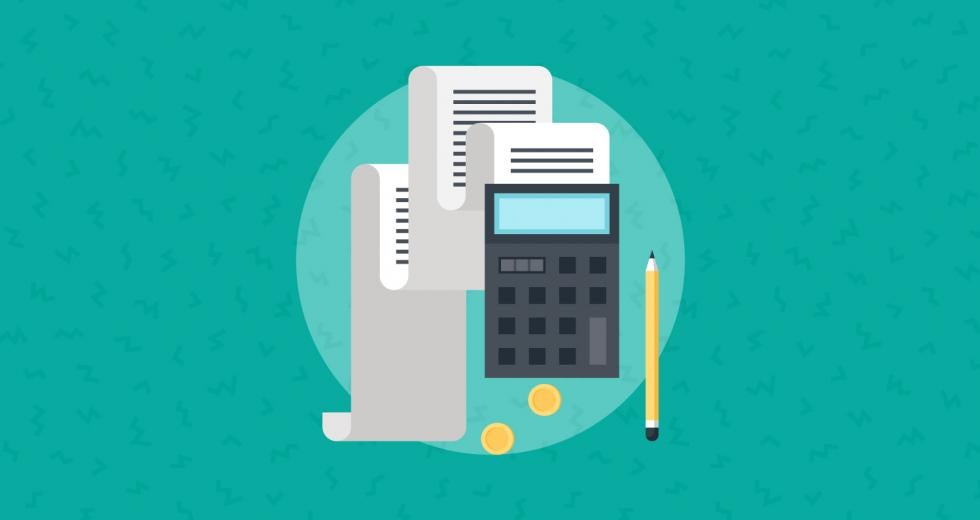Taxes. Whether you’re married or single, many people I talk to would rather put my feet to the fire than file taxes. Why? Well, there’s the time it’s takes to gather all the information and documents needed to file your taxes. Then there’s the process of preparing the return online or hiring someone to do it for you. There are better things to do — like watching water drip or paint dry. In any case, many people have tax questions on the brain.
These five questions are certainly not all the questions we’re asked at my firm. But, they definitely are some of the most frequently asked:
1. I received a cancellation of debt notice. Do I need to report that amount as income?
Yes and no. If the cancellation of debt is due to an unsecured debt, such as a credit card, then you do need to report this amount on your income tax return. Otherwise, you’ll later get a “friendly” IRS notice stating you failed to report this amount and adjusting your tax return results. On the other hand, you may not need to report the amount of discharged debt if it was due to a foreclosure, short sale or other type of secured debt. This is a bit tricky to handle. So be sure to consult your tax adviser for how to properly handle this transaction.
2. I want to save money on my income tax return. Should I buy equipment or another big-ticket item?
It depends. The rule of thumb is you can deduct from 15-28 percent of the cost of the item, depending on your tax bracket. So, let’s do some quick math: you buy a laptop for $1,500 and can deduct 28 percent of the cost or $428. Now, I know you’d agree, if I told you “give me $1,500 and I’ll give you $428 in one year,” you’d laugh yourself delirious! Unless you absolutely need the item, don’t spend money to get a tax deduction.
3. I keep owing thousands of dollars in taxes every year. Is there anything I can do about it?
Yes. There are tax saving strategies that will help you keep more of your hard-earned dollars. For example, if you have a retirement plan setup at work, max it out. Contributing to your 401(k) reduces your taxable income dollar-for-dollar. So, let’s say you contribute $4,000 to a 401(k) this year (income limits apply), this means you’ll have $4,000 less income to pay tax on. Or, if you don’t own your own home, now’s the time to consider doing so. Why? Homeowners get tax breaks like writing off mortgage interest, property taxes, etc. Plus, you’re paying toward something you own. Yes, there are costs to pay like upkeep and repairs. But, you’ll sleep better knowing what you’re paying for housing that is building value, rather than paying for rent.
4. I’m a business owner. Is there any way I can minimize my expenses?
Of course — hire a bookkeeper. Say what? That’s an additional expense, right? Wrong! A professional bookkeeper makes sure your business is operating at its maximum capacity. The bookkeeper will help you see areas in your business where you’re overspending. It also helps to know your books are in order should you be audited in person or by mail. I can sense you’re not convinced. So, there’s the actual act of putting your expenses and income into one place. Not only is it tedious (it needs to be done every single month.) but there at least thirty-seven other things you’d be better off doing with your time.
5. What are some ways I can minimize my audit risk?
First, only claim expenses you can defend. For example, if you went to the Bahamas on a family vacation, don’t claim it as a business trip. Or, if you did attend a one-day conference in a fancy destination, only claim the portion that was business related. Second, if you claim the in-home office deduction, which, if you’re self-employed, you absolutely should. Then, be sure to differentiate between personal and business expenses. How? Simply pay the business portion of the expenses using your business checking account or business credit card. It’s in your best interest to be as detailed as possible. Then, you can plan your future vacations around business events. That’s a huge win-win!
Follow these guidelines this year, next year and every year thereafter. That way, you’ll sleep soundly knowing, should IRS ever question anything you’ve claimed, you’re in a good position. And that, dear reader, is definitely less taxing.



